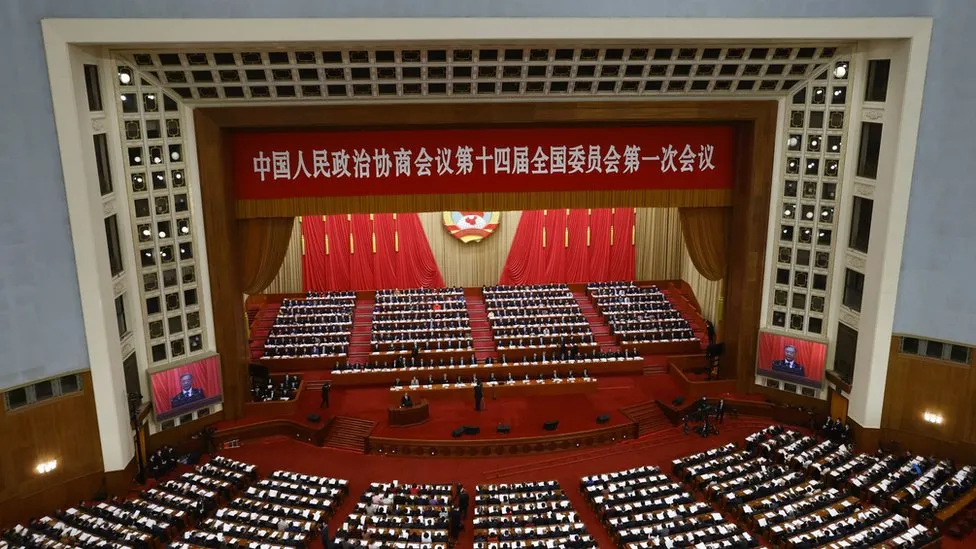Can a rubber stamp parliament help China’s economy?
China’s political system is often criticized for its lack of democracy and the presence of a rubber stamp parliament, known as the National People’s Congress. This parliament is often viewed as a mere formality, as it largely approves decisions made by the ruling Communist Party without much debate or dissent.
However, some argue that this system has actually helped China’s economy to grow rapidly over the past few decades. By having a stable and predictable political system, Chinese leaders have been able to implement long-term economic plans without the risk of constant political gridlock or upheaval.
Furthermore, the rubber stamp parliament allows for quick decision-making and policy implementation, which can be crucial in a country as large and complex as China. It also provides a sense of continuity and stability that can be attractive to investors and business leaders.
Of course, there are also drawbacks to this system, such as limited political freedoms and lack of accountability. Critics argue that without a truly democratic system, there is a risk of corruption and inefficient governance.
In conclusion, while a rubber stamp parliament may have helped China’s economy in some ways, it is important to consider the trade-offs and limitations of such a system. Ultimately, the question of whether or not it is beneficial for China’s economy is a complex one that depends on various factors and perspectives.
